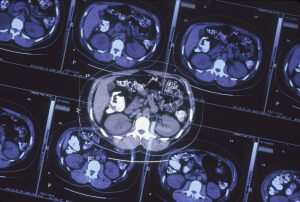
The way brain activity controls the myelin production by specialized cells has been long unknown. The researchers examined how change in the activity of neurons affects the amount of myelin is produced in the brains of zebrafish. They found that decreased brain function also reduces the amount of myelin produced, but when brain activity was increased in the fish, myelin production was boosted by 40 percent.
Study lead Dr. David Lyons said, “We have a long way to go before we fully understand how our brain activity regulates myelin production, but the fact that this is even something that the brain can do is a good news story. We are hopeful that one day in the future we may be able to translate this type of discovery to help treat disease and to maintain a healthy nervous system through life.”
Dr. Emma Gray, Head of Biomedical Research at the Multiple Sclerosis Society, added, “The more we learn about how myelin production happens in the brain, the more chance we have of developing effective and targeted therapies to repair myelin in people with MS.”
How does multiple sclerosis affect the nervous system?
Although the exact cause of multiple sclerosis is unknown, its negative impact on the nervous system is undeniable. Multiple sclerosis is considered an autoimmune disease, meaning the immune system mistakenly attacks itself. In the case of multiple sclerosis, it begins to attack the myelin, the protective coating around nerve fibers and the spinal cord.
As the myelin deteriorates, the nerves are exposed and thus the risk of damage increases. As a result of the nerve damage, the signals that go to the brain get mixed up or even blocked, causing neurological difficulties. Examples of these ensuing issues are vision loss, slurred speech, and even paralysis.
Symptoms of multiple sclerosis may appear as a flare-up or last for a longer period of time, depending on the severity of damage to the nerve fibers. Although there is currently no cure for multiple sclerosis, there are medications available to manage symptoms and help restore everyday function.